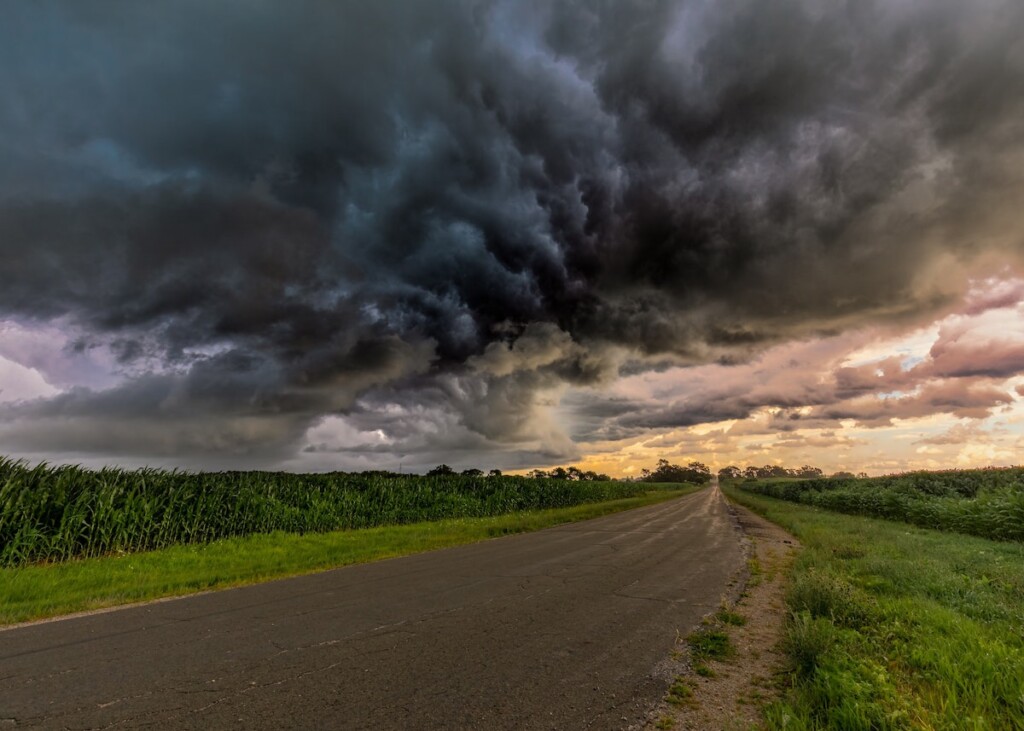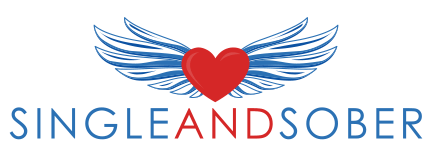
As I sit to write this essay, leg-shaking and fingers tapping, I’m filled with mild horror at how overwhelmingly qualified I am to share on this topic.
Having celebrated eight years in recovery during December ‘21, I’ve lived through a full spectrum of life’s moments sober which have come with varying levels of anxiety. My experiences filter into three categories: early recovery, holistically treatable anxiety, and anxiety that requires attention from a medical professional. Read on to see if you relate.
Anxiety In Early Recovery
My early days getting sober were spent detoxing on my dad’s couch, spinning out in a therapist’s office, and clinging to recovery meetings for dear life. Drinking from ages 12 to 27 provided an impenetrable barrier between me and reality. Rather than coming-of-age at a naturally momentous pace, I skirted consequences and denied responsibility until one day it blew up in my face.
The anxiety of early recovery was incessant. Each day was brimming with experiences and interactions I’d never attempted without having a drink or a hangover. Everything that happened from the time I opened my eyes in the morning until I rested my head back on the pillow each night was in some sense a brand new challenge. In my very first meeting ever, I heard a woman say she felt like “a raw nerve exposed to the world,” and nothing felt truer to me.
There’s a popular saying in recovery communities, “The good news about getting sober is you get your feelings back and the bad news about getting sober is you get your feelings back.” In active addiction, I lived a small, dark life insulated by my cocktail-of-drugs du jour. Events and emotions grew foggy; nondescript. Once clean, my system was in shock. Everything felt intensified and the only trick I knew for turning down the volume had been yanked from my repertoire.
The only cure I know for this type of anxiety is to walk through it and give it a voice. This is the anxiety that time and experience healed for me, along with the inner work of recovering. Getting through the first work party sober, the first job interview, the first wedding, the first gorgeous day after the drab cold winter, these are lessons only living can teach. My secrets for rising above this anxiety aren’t secrets, they’re the pieces of advice offered at nearly every recovery group I’ve ever attended. Call someone else who’s sober. Pause and breathe. Meditate, even if only for a minute. Have faith. Prioritize your sobriety: if the open bar at your cousin’s bat-mitzvah starts to look too appealing, have an exit plan. Get to meetings, or therapy, or whatever your check-in space is for supporting yourself. Don’t do it alone, and remember, this won’t last forever. In fact, if you stick around, you never have to feel this way again.
Holistically Treating Anxiety In Recovery
For most of my time in recovery, I was able to treat my anxiety with natural, non-pharmaceutical remedies. Most often, my anxiety took the form of overthinking, leaning into fear, and was even triggered by excitement which is neurologically and emotionally similar to feeling afraid. I experience social anxiety, as do many people in recovery. And why wouldn’t we? We have to learn to operate without the social lubricant we’ve grown so accustomed to having.
For years, I managed this brand of anxiety in recovery using the following tools:
- Mindfulness meditation
- Talk therapy
- Journaling
- Exercise
- Attending recovery meetings in my area
- Sharing with a friend or sponsor
- Addressing HALT (Am I Hungry, Angry. Lonely, or Tired?)
By building a lifestyle of healthy habits, I had a pretty good grip on my anxious tendencies. I was able to do all kinds of things that made me nervous, from performing on stage to traveling internationally to going on dates.
These tools didn’t eradicate the anxiety from my life, but gave me the ability to be present. A few minutes of mindful breathing or a call with a friend brought me to a sturdy level of acceptance from which I could carry on. The fact is that feeling my feelings simply meant that I was alive and sober, which is what I ultimately wanted all along.
When To Seek Medical Help for Anxiety In Recovery
And then: the pandemic hit. A few short weeks before the major shutdown in March 2020, I had relocated from New York to the suburbs of Philadelphia to live with my then-boyfriend, now-fiancé. I was unemployed, in a place where I knew almost no one, and the world shut down from a deadly virus spreading like wildfire…followed by ACTUAL wildfires. Bodies were piling up in New York City’s Central Park. Separated from my loved ones who were still in NY, the epicenter of disaster, crippling anxiety stormed into my life like I’ve never experienced before.
There were days when all I could do was curl up in a ball on the couch and listen to meditations labeled “emergency” or “SOS.” I went through a full-on regressive period, playing video games from my childhood and watching Disney movies, trying with all my might to calm my terrified inner child. I couldn’t get my work done, I felt isolated and like I was drowning. Multiple panic attacks took me by surprise daily, convincing me I was dying, that my brain was shutting down, that I was going to faint or suffer heart failure. I felt completely out of control and on top of it all, I developed a nervous vocal tic! To this day, I suffer from chronic throat clearing and am working with a psychiatrist to solve this medical nuisance.
I needed help beyond what was attainable on my own. Zoom meetings and talk therapy could no longer carry the weight of my fear and insecurity. The threads that held me together had burst open and I was no longer maintaining my baseline of being okay in the world.
My first move was to speak to my primary care physician who started me on an SSRI to help manage my anxiety. It took a few tries to get the dosage right, but I started to feel more stable, less time curled up in a ball, more time able to function in whatever capacity was “normal” for people going through a global unprecedented disaster. My mood improved, but the throat clearing persisted.
Two years later, I’m still trying different approaches and medications to treat this issue. It’s been a long haul, but I’m hopeful it will ultimately improve as are my physicians. Still, it is an exhausting and embarrassing problem to have. When I got sober, no one promised me it would be easy, rather, that I would have the tools to face life on life’s terms. For today, these are life’s terms, and I have the power, support, and strength to show up for my healing and wellbeing.
If at any time your anxiety becomes overwhelming, interferes with your ability to work, have healthy relationships, or experience joy, speak with a medical professional about your symptoms. If you spend more time in dysfunction than function, it may be time to seek medical intervention for your anxiety.
This is not a substitute for medical advice, simply one person’s experience. If you are struggling with depression and/or anxiety, please reach out to a medical professional for guidance and advice.

Pam Mahler is a Jewish American writer, humorist, and self-care enthusiast who is passionate about recovery, philosophy, and what it means to be human. She resides in Wayne PA with her partner, Adam, and their spirited tuxedo cat, Gumbo
